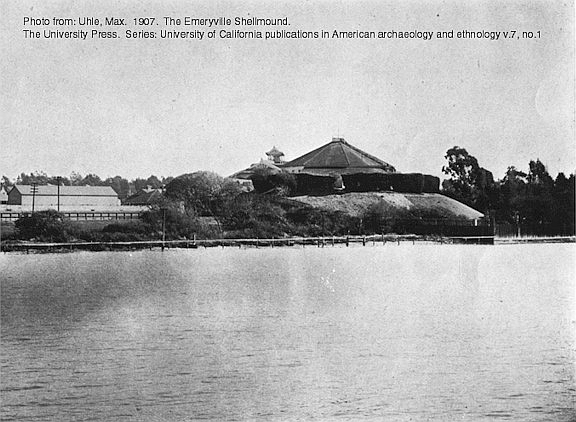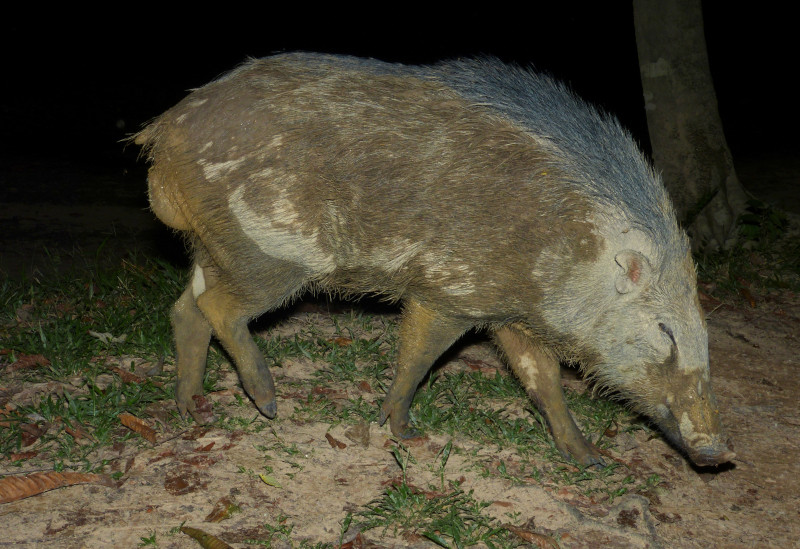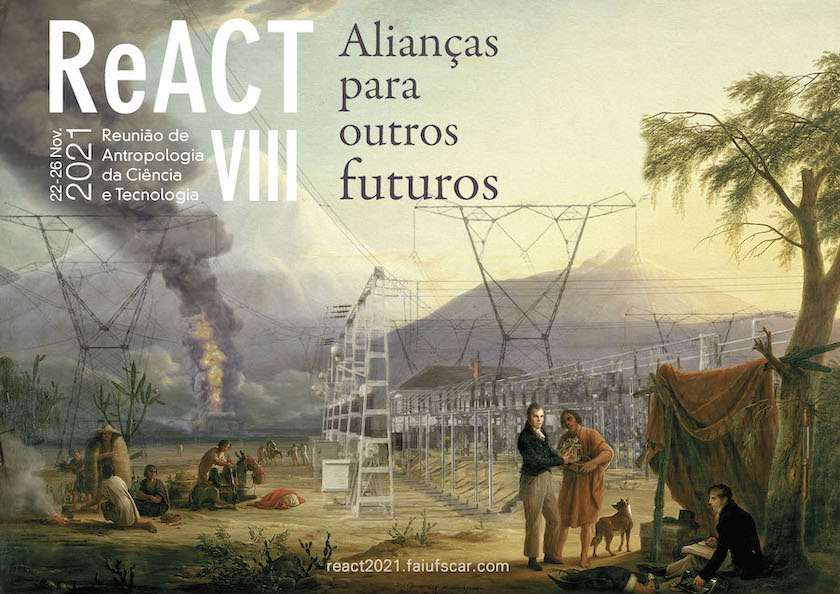
Inclusion and Opportunities for Equal Participation for Autistic University Students in France
Like the term “equal participation”, the words “inclusion” and “inclusive” are prevalent today. And they are all typically linked: “equal participation” is often the goal of initiatives focused on “inclusion.” Although the word “inclusive” might appear capacious (inclusive just means everyone, right?), projects focused on “inclusion” and “equal participation” often target specific populations of people who have previously been excluded from something. That’s the case of projects focused on the inclusion of autistic people into higher education, including one in France where I conducted ethnographic research for the dissertation I am currently writing on the changing categorization(s) of autism in France. (read more...)







